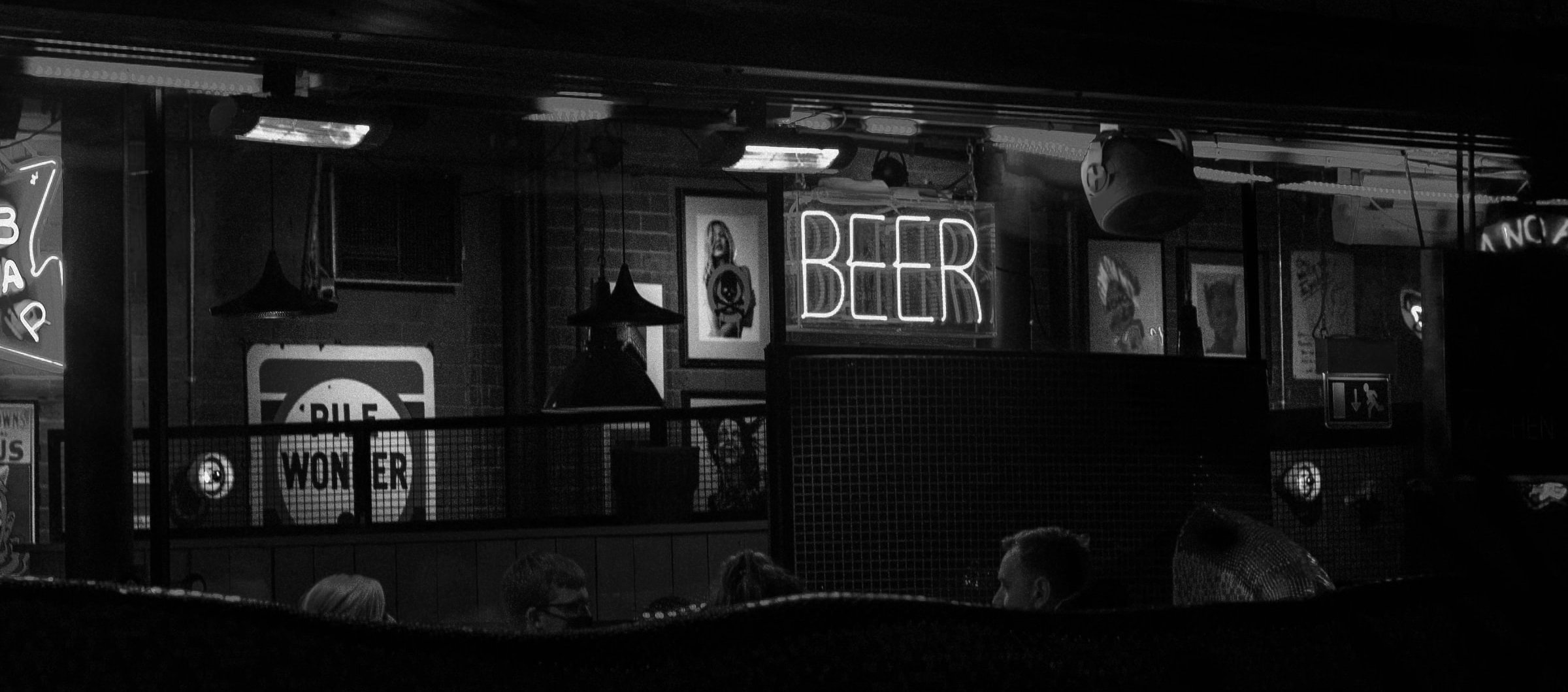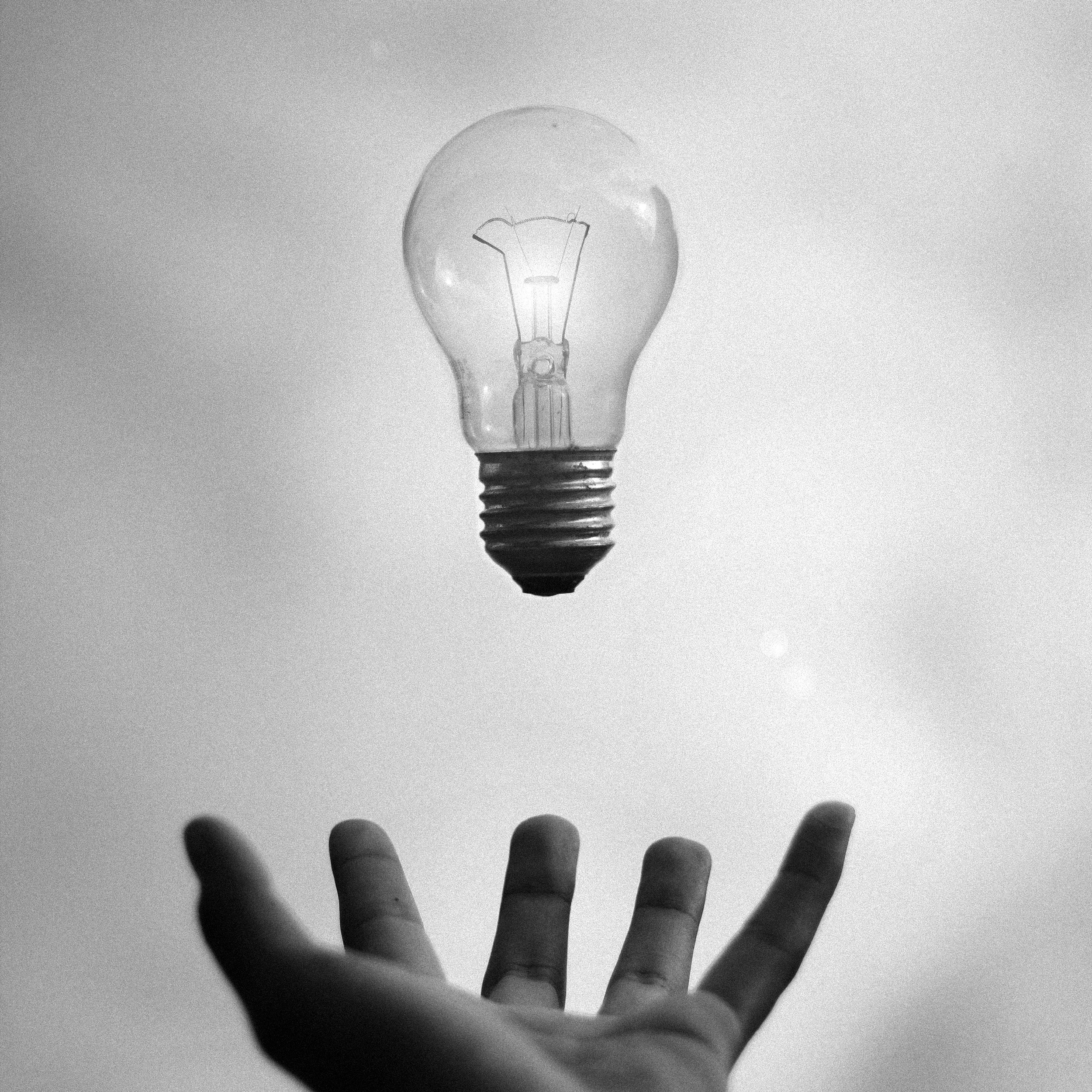

How to Bust Your Rackets
During the Prohibition Era, there was a criminal business model called a “racket.” A racket consisted of a legitimate business up front, like a bookstore, and an illegitimate business, usually a bar, in the back. The idea of a racket is used in the book The Three Laws of Performance as an analogy to explain how we can get in our own way when trying to create change.

Kick the Tires of Your Desires
Luke Burgis describes the career trajectory of a famous French chef and writes that the chef “kicked all the tires” of his desire to work as a chef before he fully committed to it. He did this by running tests to see how deep his desire went.

What is a VIGO?
A VIGO is a simple and fruitful process that I have seen produce value in my own life and in the lives of others. I’ve seen it work in presentations before a group, in peer to peer conversations and in individual journaling.

What Questions Do You Meet Along Your Orbit?
The kinds of questions we ask determines the kinds of answers we get. And questions we ask ourselves frequently, have a powerful impact on our lives.

Set a Bar to Increase Your Engagement
What kind of progress do you think a pole-vaulter would make if he always practiced by vaulting into a pad, without setting a bar? This is the analogy that Dr. Majeres, a co-founder of Optimal Work, uses to describe the way many of us approach our daily work.

Typing Time Away
The amount of attention we have to give during a day is limited. Every time you redirect your focus, you use up some of the finite attention available to you for that day.

A Frog a Day Keeps the Ennui Away
Mark Twain is often quoted as having said, “If it's your job to eat a frog, it's best to do it first thing in the morning. And if it's your job to eat two frogs, it's best to eat the biggest one first.”
